How Do Veneers Work and Do They Ruin Your Teeth?
Here's everything you need to know about getting dental veneers.
If you've ever covered your mouth to laugh, you could be one in three Americans unhappy with your smile. Many perpetrators of the closed-mouth smile feel uneasy in social-settings because of their teeth.
One solution that has been boosting self-esteem since the 70s is dental veneers.
If you've ever wondered, 'how do veneers work', keep reading below to find out.
What are Dental Veneers?
Veneers are a thin layer or shell adhered to the front of your teeth for aesthetic or physical reasons. Dental veneers are made of dental porcelain or a composite material.
The composite material is usually made of dental resin. The resin is built on the tooth or separately in a lab. Porcelain veneers are built in a lab. After the veneers are constructed they are attached with a dental resin.
Porcelain or ceramic veneers are most common because they look most natural. They also are the best at resisting stains.
Who Are They For?
Many people choose veneers as a way of enhancing their smile. An enhanced smile leads to more confidence which improves employment and relationship opportunities.
Here are common reasons why people choose veneers:
- To hide tooth gaps
- To fix the appearance of cracked and misaligned teeth
- To replace worn out teeth
- To fix the appearance of teeth that are too small or short
- To replace badly discolored teeth
- To replace chipped teeth
Veneers are not recommended for people with tooth decay, gum disease, or bruxism. Placing a veneer over tooth decay will only cover a serious problem without treating it. A dentist will first treat the tooth decay to make your teeth as healthy as possible. Then they will evaluate whether veneers are the best choice for you.
Gum disease will cause veneers to fit improperly as the gum line recedes. Gum disease can be treated but will cause the veneers to look uneven as the gums heal.
People who grind their teeth, called bruxism, do so primarily from stress and anxiety. Veneers are not a good choice for tooth grinders because they can chip the material. If you are a tooth grinder, your dentist may suggest an alternative to veneers .
How Do Veneers Work?
Depending on your dental health, the veneer process can take 3 or 4 visits.
The first visit is your consultation. This is where your dentist assesses your dental health to determine if veneers are the right choice. They may also take an x-ray and an impression. In this stage, tell your dentist about the look you are going for and any concerns you have.
The first stage is also a place to discuss prices. Porcelain veneers cost upwards of $2k a tooth. Check with your insurance provider to see if they cover veneers.
On the second appointment, your teeth are prepared for your custom veneers. A layer of enamel equal to the thickness of the veneer will be removed from your teeth. In some cases, you will be given temporary placeholders until your veneers arrive.
It can take a few weeks for your laminates to arrive.
On your third visit, your new veneers will be placed. Your dentist will use bonding techniques to permanently adhere them to your teeth. A composite resin is used that reacts with a special light to secure them to your teeth. Afterward, the dentist will shape and polish your teeth until they are the best fit.
You may have a followup visit to track their progress.
How Long Do Veneers Last?
Dental porcelain increases in strength as the technology improves. They typically last about 10 years . Proper dental hygiene will extend the life of your veneers. After this time, they need to be replaced.
The replacement process is similar to the attachment process. The bonding agent is removed before another impression of the tooth is taken.
Veneers don't usually need any extra care than your natural teeth. Your dentist will recommend avoiding staining foods like coffee, tea, and red wine. Continue to follow all instructions to keep your smile happy and healthy.
Do Veneers Ruin Your Teeth?
Placing veneers on your teeth is a permanent process. They don't ruin the underlying tooth because they are sitting on top of the tooth. Getting veneers does not change the health of your teeth. Improper fit or poor practices can still lead to tooth decay and gum disease.
Your teeth go through a lot of prep to place the veneers. You would have to have the veneers replaced if you have them removed. Sometimes the tooth itself is reduced to prevent the veneer from appearing bulky.
There are also products called no-prep or minimal prep veneers. These don't require the removal of enamel or tooth reduction to place. While a quick and cost-effective option, they are not as durable as traditional veneers.
Caring for Your New Smile
Proper dental hygiene includes regular brushing, flossing, and rinsing with the right mouthwash. Visit your dentist at least once a year to ensure the success of your oral health. While veneers are more durable than natural teeth, you should not treat them any different.
Adding veneers to the front of your teeth is a permanent process. If you are concerned about the color, shape or results, express this to your dentist. The best time to go over this is before you have veneers.
Veneers are not for people with advanced tooth decay or active gum disease. Also, if you have very misaligned teeth, your dentist may recommend braces first.
The short answer to 'How do veneers work'? An experienced dentist will custom fit you with dental veneers. A special light will then be used to bond them to your teeth.
Now you are ready to face the world!
For more ways to get your 'Hollywood smile', make an appointment today.
Call us today!
813-543-6915
OFFICE HOURS
- Mon - Wed
- -
- Thursday
- -
- Fri - Sun
- Closed
All Rights Reserved | Carmichael Smiles


